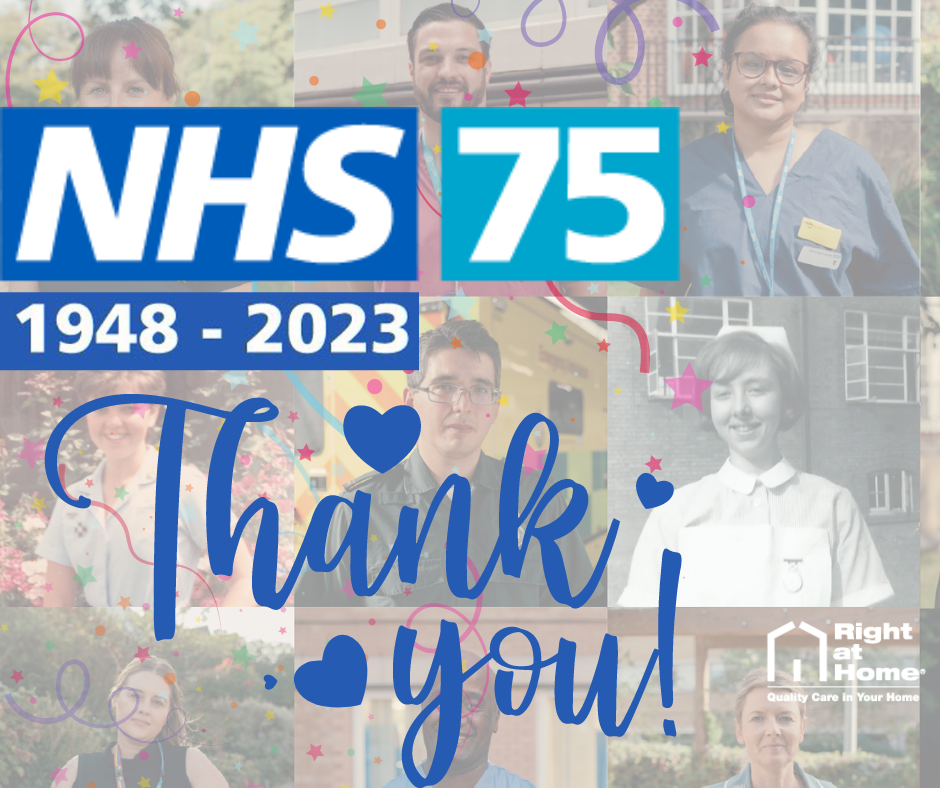NHS 75
A brief look into the NHS journey

Published: 05/07/2023
Since 1948 the NHS has been providing free healthcare at the point of delivery.
In 1942 the Beveridge Report was published after being tasked to identify potential problems the government could face after the war ends, it was received well and gave the public a lot of hope for the future after identifying the state needed to provide security.
After the fall of Churchill, Clement Atlee became Prime minister in 1945, the Labour party created a policy based upon the Beveridge Report. In 1948, Mr Aneurin Bevan spearheaded the birth of the National Health Service. It was not an easy creation as Doctors were reluctant and wary at the start, it took some compromise as well as offers of private practices for some doctors. The NHS lives on strong, relying on staff from across the world, from the Windrush Generation of 1948 to todays workforce represented by over 200 nationalities.
NHS through the generations:
1958 polio and diptheria vaccinations were rolled out
1960 the first contraception pill was given out to married women, followed by any women wanting it
Also in 1960 Britain had their first kidney transplant
1968 the NHS carried out Europe’s first liver transplant
1971 saw the worlds first CT scan revolutionising the way doctors examine the body
1978 the first test tube baby was born
1979 the first UK heart transplant was carried out
1980’s the first use of keyhole surgery
1999 Meningitis C vaccine was offered nationally
2002 the first gene therapy was carried out
In more recent times the NHS continue to make advances from bionic eyes, the worlds first rapid whole genome sequencing service for seriously ill babies and children and of course, the delivery of the first accredited COVID-19 vaccination. It is a leader in new medicines having more treatment and medications available than Europe.

Our population has grown, 1 in 5 people are aged 65 years and over and we are living longer than ever before. The NHS continue looking ahead to the future, it continues to make huge medical advances and innovations, developing new services, using IT and data to deliver better outcomes to prevent illnesses rather than just treating them. More than 100,000 patients in the last year have been treated in their virtual wards as well as being the first country to use extended reality technology.
We are proud and thankful that our country has access to free health care and so we extend our thanks to the hundreds of thousands of dedicated staff. Employed from all across the world and covering 350 different career paths, their care and support sees 1.3 million people that need help on a daily basis.
